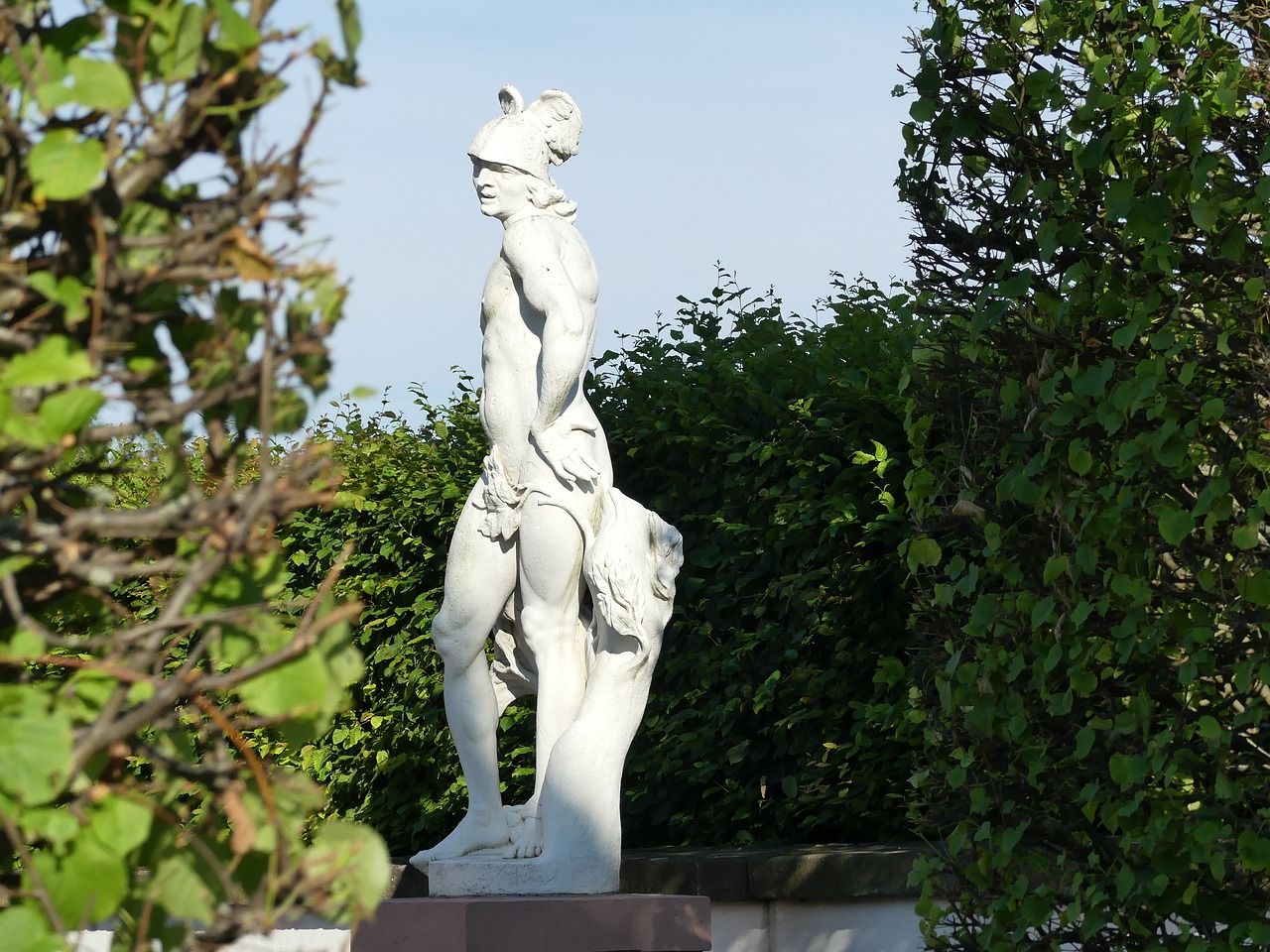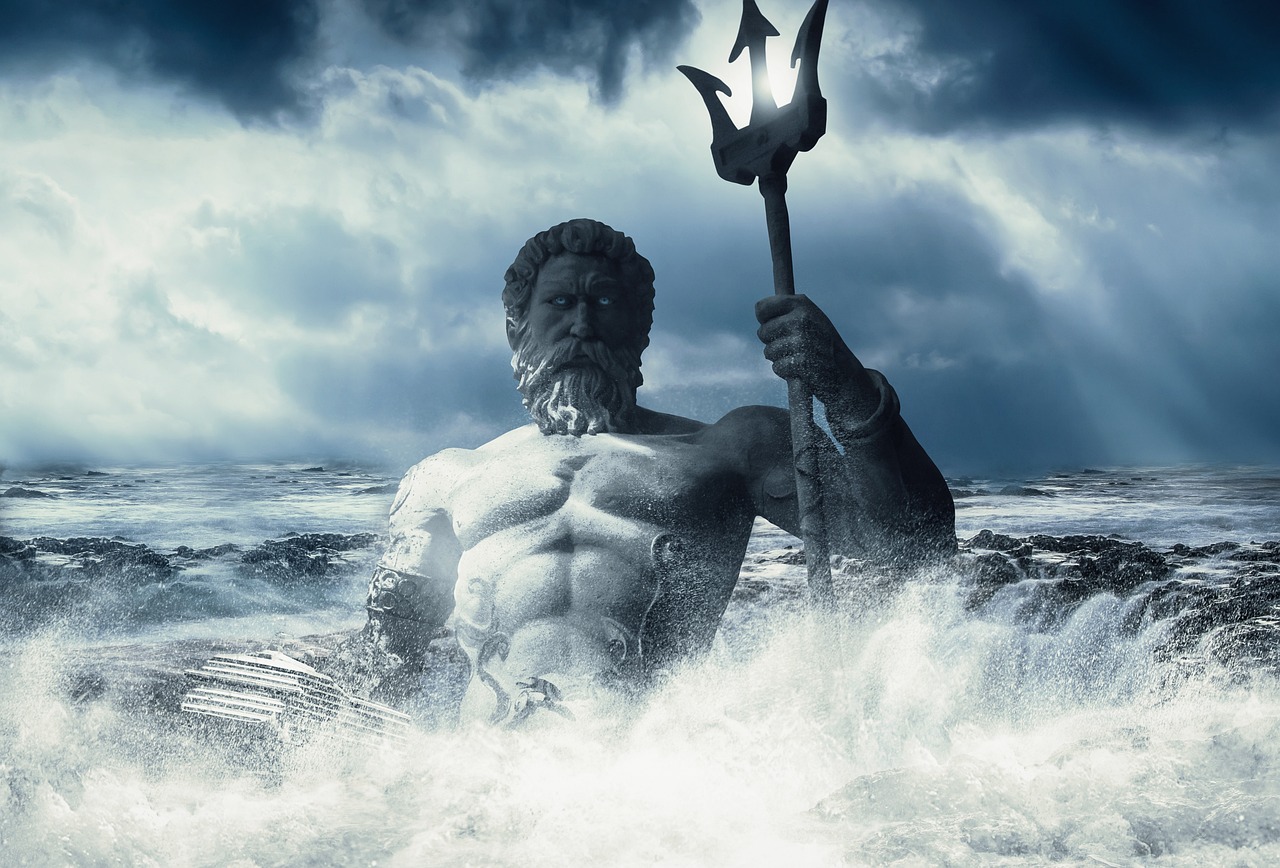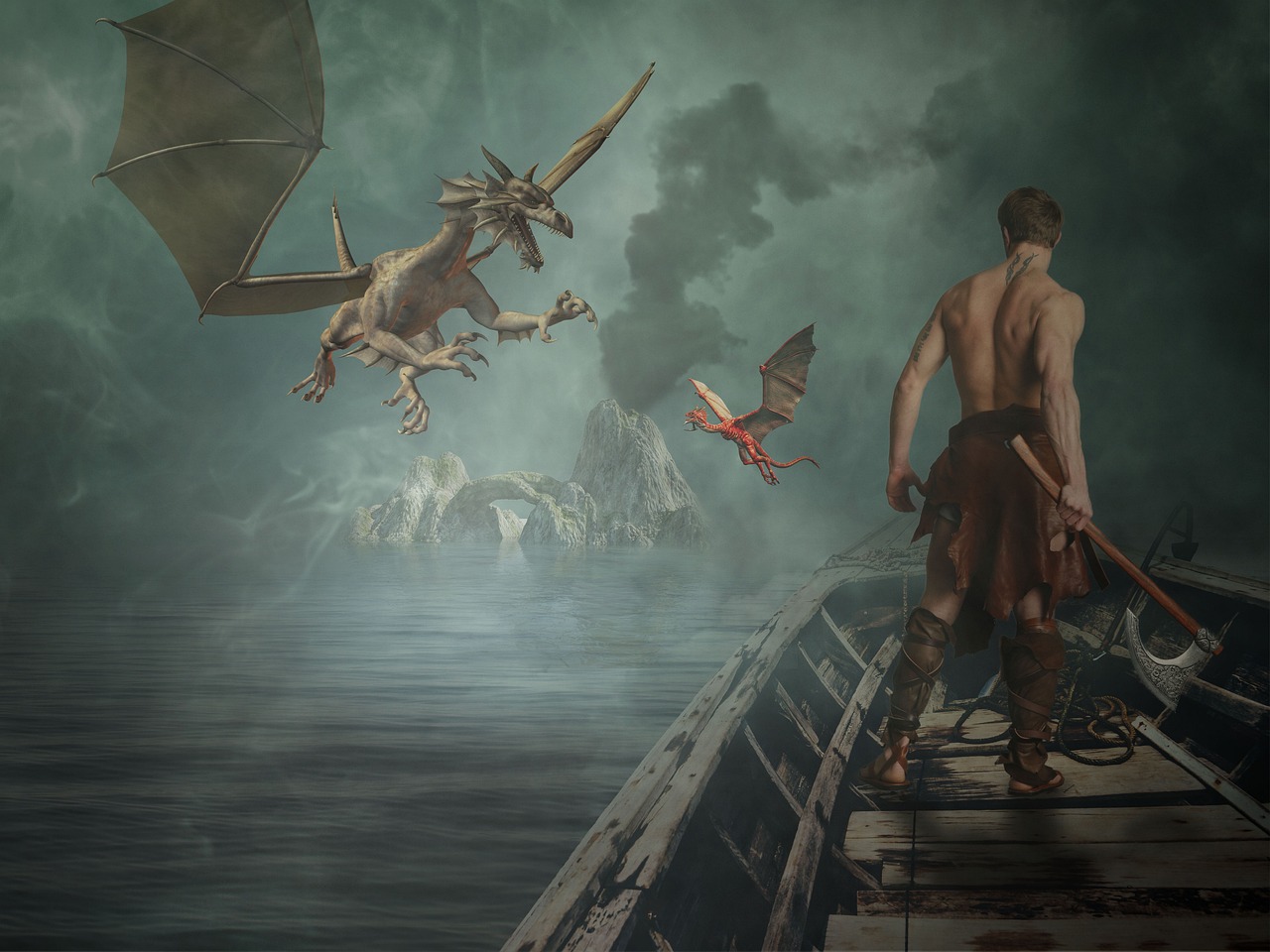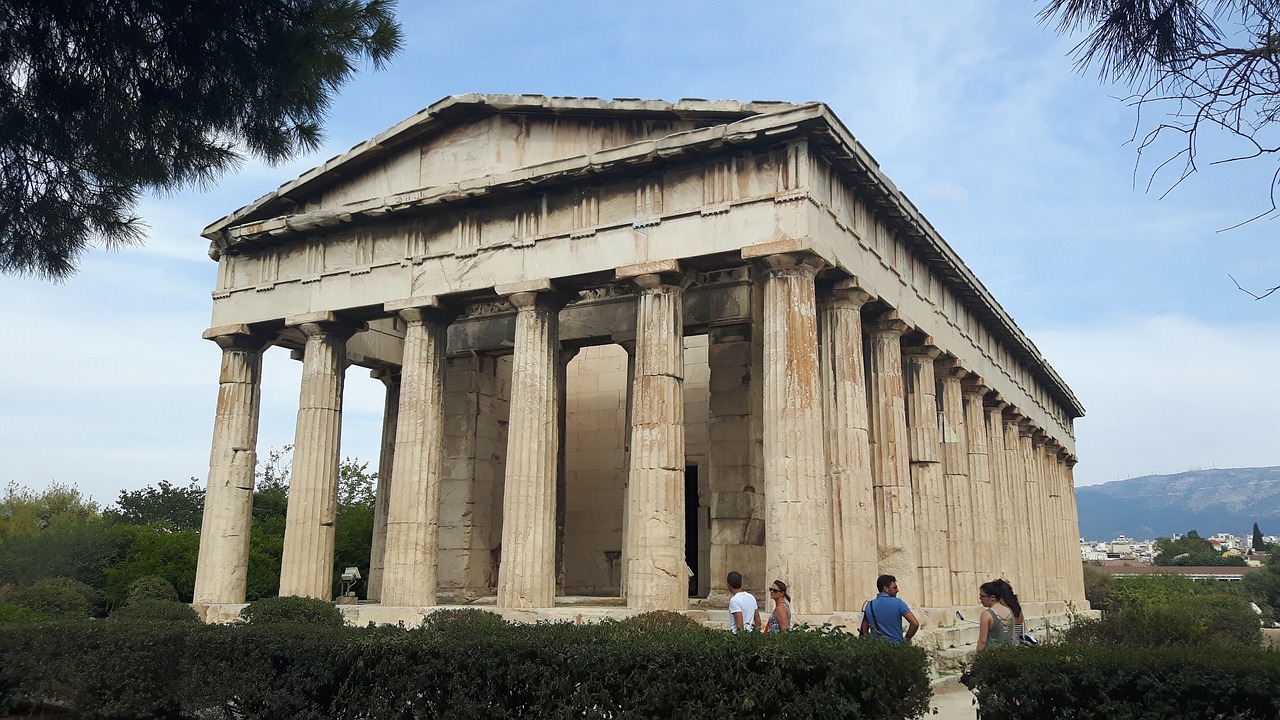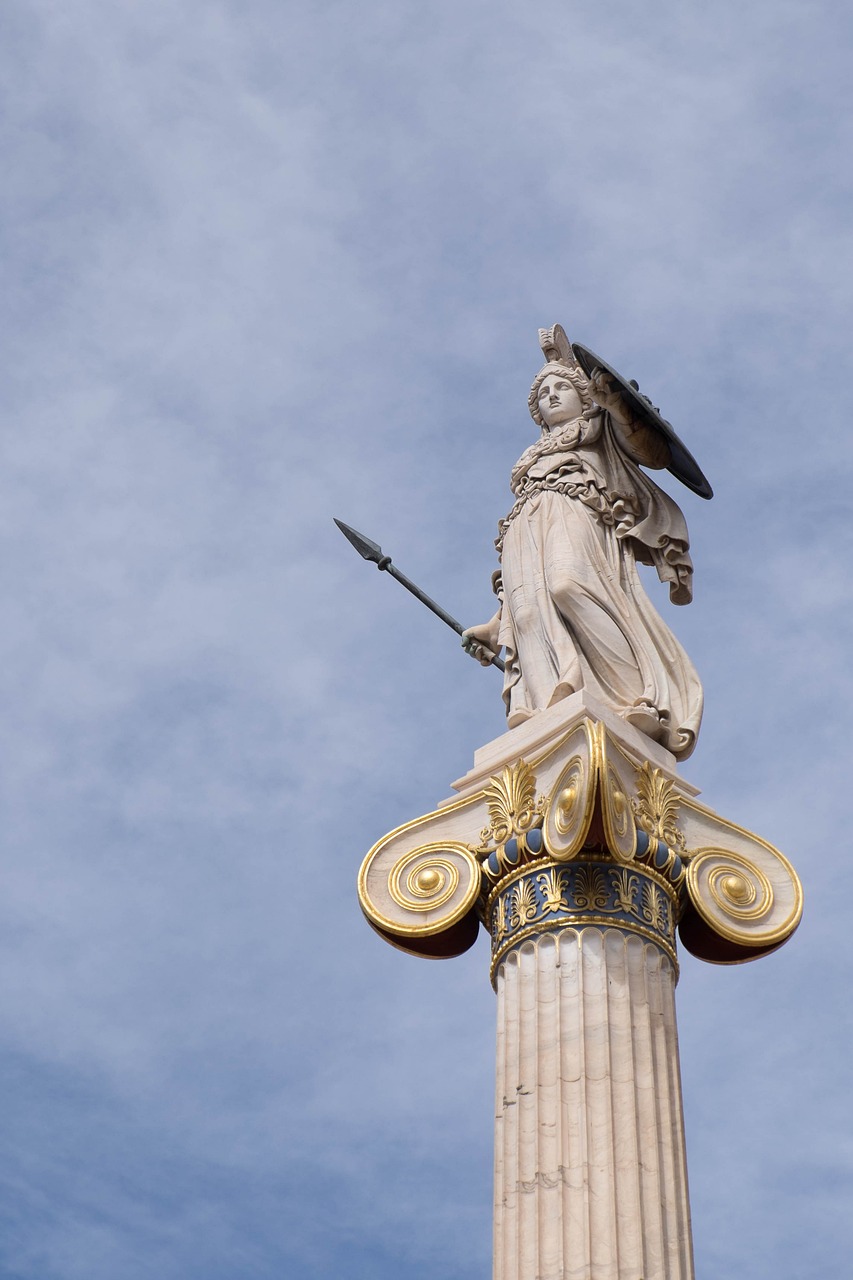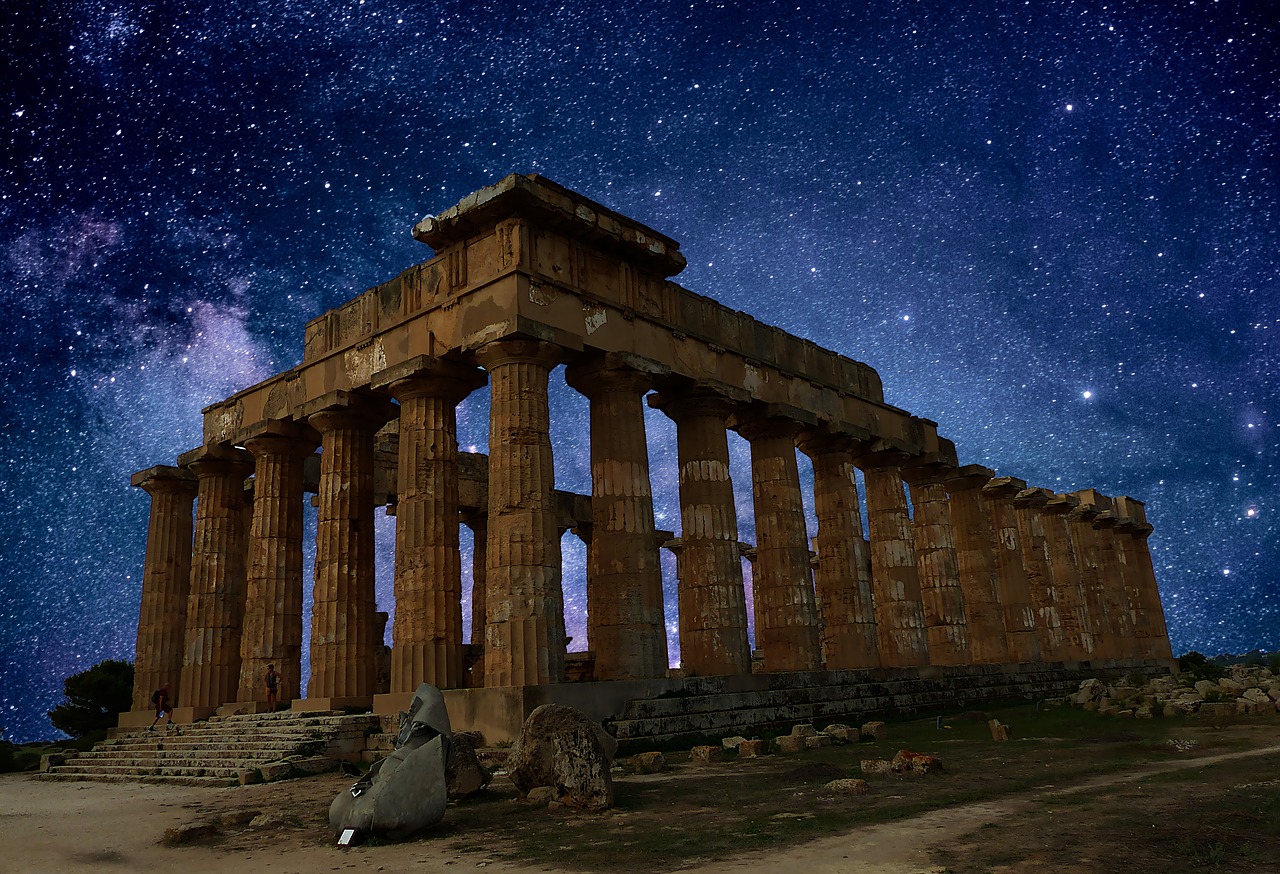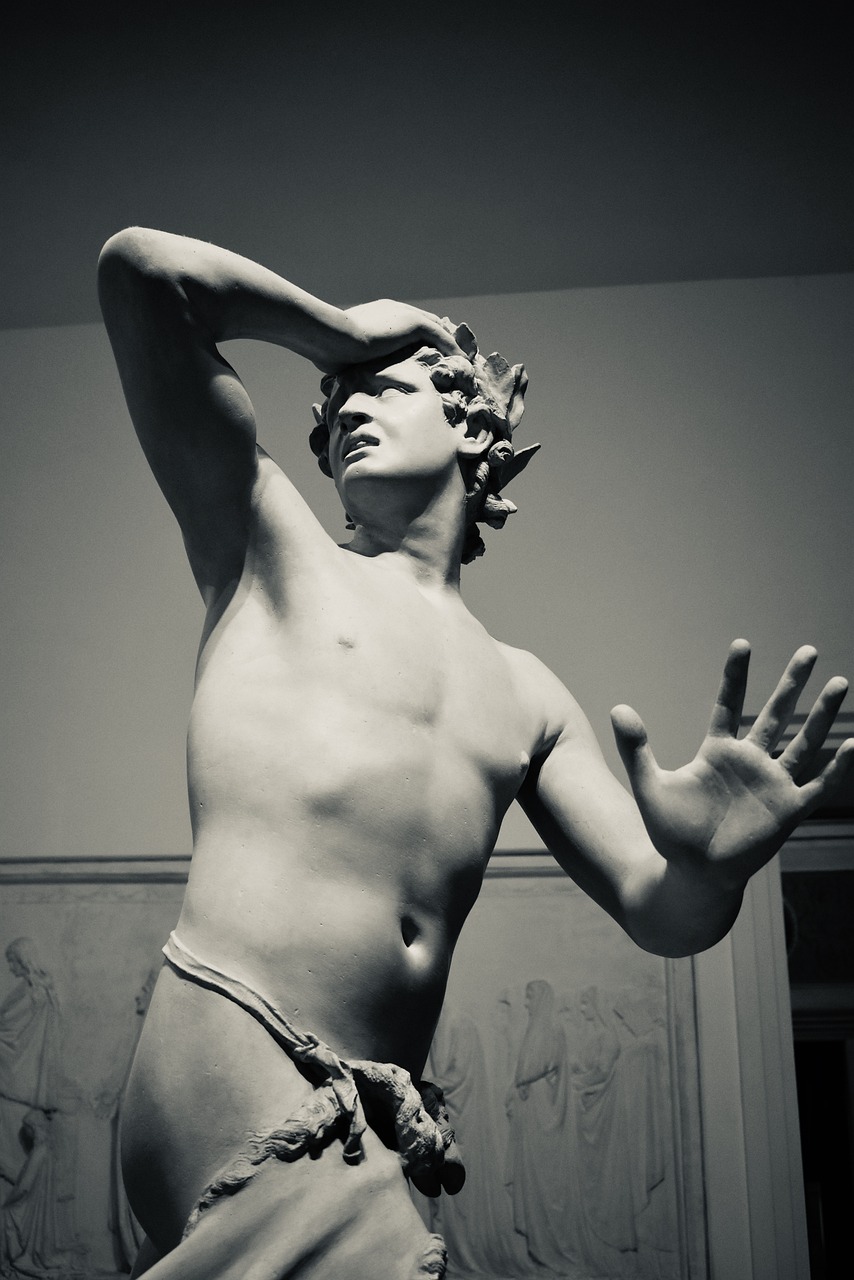Tag: Greek mythology
-
Greek mythology represents a rich tapestry of narratives concerning deities, legendary heroes, and ancient rituals held dear by the Greeks. This body of myths, encompassing a blend of fantastical elements, was often regarded as factual, particularly among ordinary worshippers, despite the presence of critical thinkers like Plato, who acknowledged their fictional nature. The lasting legacy…
-
Greek mythology represents a vast collection of tales regarding the deities, heroes, and customs of ancient Greeks, showing a rich cultural heritage from Classical antiquity. While critical thinkers such as Plato acknowledged that these myths often contained fictional elements, they were primarily regarded by the typical Greek populace as authentic stories. The profound impact of…
-
The legend of Jason and the Golden Fleece stands as one of the most enduring tales of heroism in Greek mythology. This narrative embodies themes of betrayal and retribution, ultimately leading to a tragic conclusion. It begins with Jason’s Uncle Pelias, who seizes the throne by murdering Jason’s father, the King of Iolkos. To protect…
-
Pandora: The First Woman of Greek Mythology In Greek mythology, Pandora is recognized as the very first mortal woman, sculpted from clay by divine forces. Prometheus, the Titan given the responsibility of creating mankind, grew discontent with the miserable existence the gods had decreed for humanity. In defiance, he stole fire from Olympus to enlighten…
-
Hephaistos: The Divine Craftsman General Overview Hephaistos, revered in Greek mythology, embodies various aspects of craftsmanship. His divine roles encompass metalworking, fire, volcanism, stone masonry, carpentry, and sculpture. He serves as a patron to numerous professions, including smiths, metalworkers, builders, and sculptors. Symbols and Attributes Hephaistos is often depicted with symbols that represent his craft,…
-
In the realm of Greek mythology, Pegasus stands out as the resplendent winged horse, an immortal creature born from the union of Poseidon and Medusa. Alongside his sibling Chrysaor, who bore a golden sword, Pegasus made his entrance into the world in a spectacular manner, emerging from the severed neck of his mother following Perseus’s…
-
Greek mythology serves as a rich tapestry of narratives that delineate the lives of gods, heroes, and ancient rituals among the Greeks, carrying forward a legacy that has profoundly influenced Western civilization’s artistic and literary endeavors. Despite the inherent acknowledgment of their fictional elements, these myths were largely accepted as fact by the ancient Greeks,…
-
The tale of Eros and Psyche is regarded as one of the most enchanting love stories in Greek mythology. Eros, the son of Aphrodite, embodies profound erotic longing, shooting arrows to puncture hearts and incite love. Psyche, the epitome of beauty, symbolizes the human soul—purified from hardships and passions, prepared to embrace eternal joy. In…
-
The tale of Orpheus and Eurydice stands as a quintessential tragic love story, firmly entrenched in Greek mythology. Revered by artists such as Peter Paul Rubens and Nicolas Poussin, this narrative has inspired countless operas, songs, and theatrical performances, all celebrating the love of these two iconic figures who were robbed of the joy of…
-
Nyx: The Personification of Night in Greek Mythology Nyx, also referred to as Nox or simply the Night, embodies the concept of night within the framework of Greek mythology. Originating from Chaos, or the Void, she is categorized as a primordial deity, known as a Protogenoi. These fundamental divine entities represent the elemental and physical…

